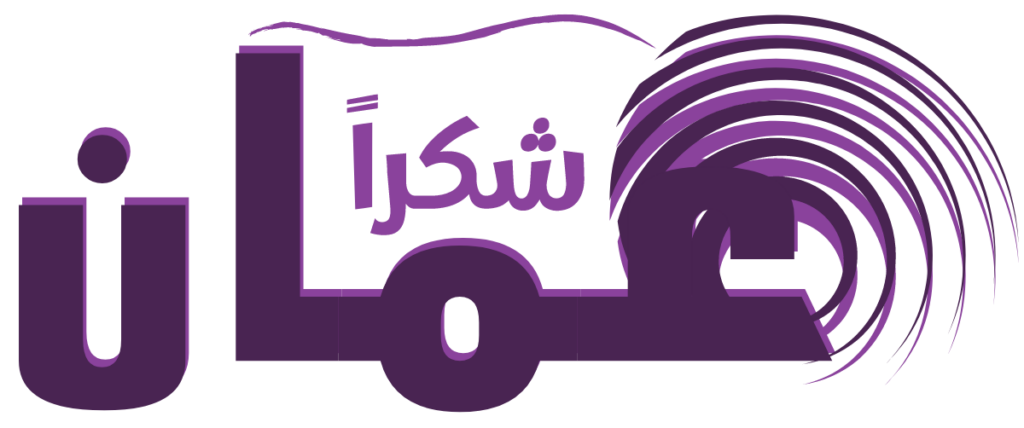Oman, located on the southeastern coast of the Arabian Peninsula, has a rich and diverse history that spans thousands of years. From the early civilizations of the Bronze Age to the modern-day, Oman has been a hub of cultural and economic activity in the region. This article will take you on a journey through Oman’s history, exploring its various dynasties, empires, and the country’s contemporary development.
Prehistoric Times
The earliest evidence of human settlement in Oman dates back to around 10,000 BC. During the Neolithic period, Oman was home to various cultures that practiced agriculture, herding, and fishing. The Bronze Age brought the introduction of metal tools and weapons, which greatly influenced the development of Oman’s economy and society. Many archaeological sites in Oman have revealed evidence of the country’s prehistoric past, including the Bat tombs, which date back to 3000 BC.
Early Civilizations
Oman’s strategic location at the crossroads of trade routes between Asia, Africa, and Europe made it a hub of commerce and cultural exchange. The region was inhabited by various civilizations, including the Sumerians, Babylonians, Persians, and the Parthians. Oman’s first recorded kingdom was the Magan civilization, which flourished around 2500 BC. The Achaemenid Empire, which conquered Oman in the 6th century BC, brought with it the Persian language, religion, and customs, which significantly influenced the region’s culture and way of life.
Islamic Era
In the 7th century AD, Islam arrived in Oman through the Arab conquests. The Umayyad and Abbasid caliphates established Islam as the dominant religion in the region, and Oman became an important center of Islamic learning and scholarship. The Al-Julanda dynasty, which ruled Oman from the 9th to the 12th century, was known for its cultural and intellectual achievements.
Portuguese Occupation
In the 16th century, the Portuguese arrived in Oman, seeking to control the spice trade in the region. The Portuguese occupied Muscat, the capital of Oman, and ruled the country for over a century. However, their rule was challenged by the Omani tribes, who formed alliances and waged a successful campaign to drive the Portuguese out of Oman in 1650.
Omani Empire
The Omani Empire was founded by the Al Said dynasty in the 18th century. The empire expanded its influence across the Indian Ocean, with territories in East Africa, India, and Southeast Asia. Oman became a major center of trade and commerce, and Muscat became one of the busiest ports in the region. The empire’s decline began in the 19th century due to external pressures from European powers and internal struggles for power.
Modern-day Oman
In 1970, HM Sultan Qaboos bin Said Al Said came to power and transformed Oman into a modern, prosperous nation. He implemented a series of reforms, including the establishment of a constitutional monarchy, the development of infrastructure, and the diversification of the economy. Today, Oman is a stable, peaceful country that has achieved significant economic and social progress.
HM Sultan Haitham bin Tariq
HM Sultan Haitham bin Tariq took over as the ruler of Oman in January 2020 after the death of HM Sultan Qaboos bin Said Al Said. Before ascending to the throne, Sultan Haitham had served in various governmental roles, including as the Minister of Heritage and Culture and the Undersecretary of the Ministry of Foreign Affairs.
Vision for Oman
Since taking over as the Sultan of Oman, HM Haitham bin Tariq has outlined a vision for the country that focuses on economic diversification, creating job opportunities for Omani citizens, and improving the country’s infrastructure. The Sultan has emphasized the importance of investing in sectors such as tourism, agriculture, and fisheries to reduce Oman’s reliance on oil and gas.
Response to COVID-19
Sultan Haitham bin Tariq has also led Oman’s response to the COVID-19 pandemic, which has affected the country as well as the rest of the world. The Sultan has implemented measures to contain the spread of the virus, including closing borders, imposing curfews, and conducting mass testing.
Oman’s relations with other countries
Under Sultan Haitham bin Tariq’s leadership, Oman has continued to maintain its policy of neutrality and non-interference in the affairs of other countries. The Sultan has emphasized the importance of dialogue and cooperation in resolving regional and international issues.
Conclusion
In conclusion, Oman has seen significant changes since the ascension of Sultan Haitham bin Tariq to the throne. The Sultan’s vision for the country focuses on economic diversification and creating job opportunities for Omani citizens. Additionally, his response to the COVID-19 pandemic and his emphasis on dialogue and cooperation with other countries highlight his leadership qualities. Oman is poised to continue its growth and development under Sultan Haitham’s guidance.

